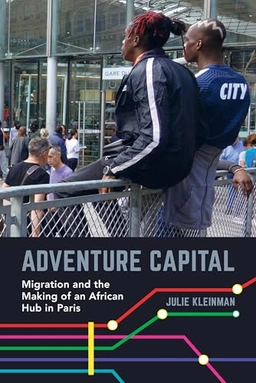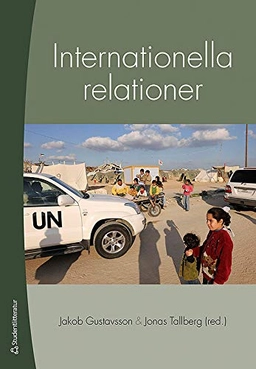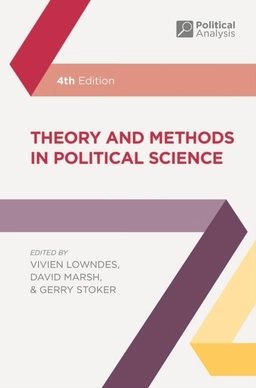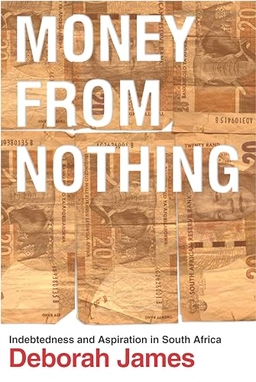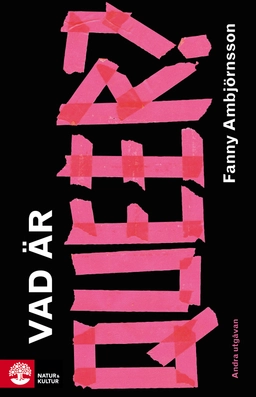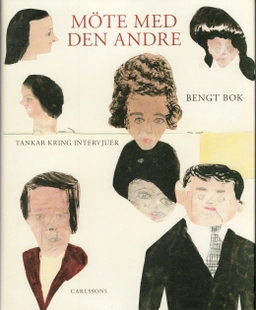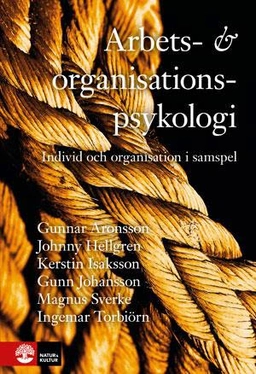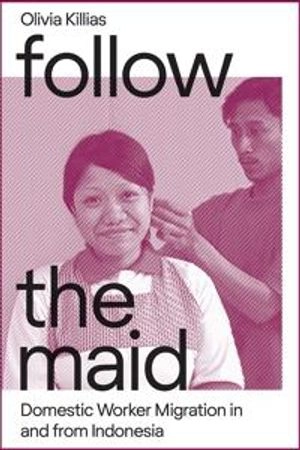

Follow the maid : domestic worker migration in and from indonesiaUpplaga 1
- Upplaga: 1a upplagan
- Utgiven: 2018
- ISBN: 9788776942274
- Sidor: 352 st
- Förlag: NIAS Press
- Format: Häftad
- Språk: Engelska
Om boken
This fascinating study unveils the workings of the Indonesian migration regime, one that sends hundreds of thousands of women abroad as domestic workers each year. Drawing on extended ethnographic research since 2007, the book literally follows migrant women from a matrilocal village in upland Central Java, women who actively place themselves in a position to enter the migration pipeline, knowing that their lives abroad will be hard and even dangerous, and that staying in the village is an option. From recruitment by local brokers to the 'training' received in secluded camps in Jakarta, employment in gated middle-class homes within Indonesia and in Malaysia and back home again, Olivia Killias tracks the moral, social, economic and legal processes by which women are turned into 'maids'. The author's analysis uncovers the colonial genealogies of contemporary domestic worker migration and demonstrates that, ironically, the legalization of the migration industry does not automatically improve the situation of the women in its care. Rather, Killias unmasks the gendered moralizing discourses on 'illegal' migration and 'trafficking' as legitimizing indentured labour and constraining migrant mobility. By exploring the workings of the Indonesian state's overseas legal labour migration regime for migrants, she brings the reader directly into the nerve-racking lives of migrant village women, and reveals the richness and ambiguity of their experiences, going beyond stereotypical representations of them as 'victims of trafficking'.
Åtkomstkoder och digitalt tilläggsmaterial garanteras inte med begagnade böcker
Mer om Follow the maid : domestic worker migration in and from indonesia (2018)
2018 släpptes boken Follow the maid : domestic worker migration in and from indonesia skriven av Olivia Killias. Det är den 1a upplagan av kursboken. Den är skriven på engelska och består av 352 sidor. Förlaget bakom boken är NIAS Press.
Köp boken Follow the maid : domestic worker migration in and from indonesia på Studentapan och spara pengar.
Referera till Follow the maid : domestic worker migration in and from indonesia (Upplaga 1)
Harvard
Killias, O. (2018). Follow the maid : domestic worker migration in and from indonesia. 1:a uppl. NIAS Press.
Oxford
Killias, Olivia, Follow the maid : domestic worker migration in and from indonesia, 1 uppl. (NIAS Press, 2018).
APA
Killias, O. (2018). Follow the maid : domestic worker migration in and from indonesia (1:a uppl.). NIAS Press.
Vancouver
Killias O. Follow the maid : domestic worker migration in and from indonesia. 1:a uppl. NIAS Press; 2018.
Bokens omdöme
Ingen har recenserat den här boken ännu.
